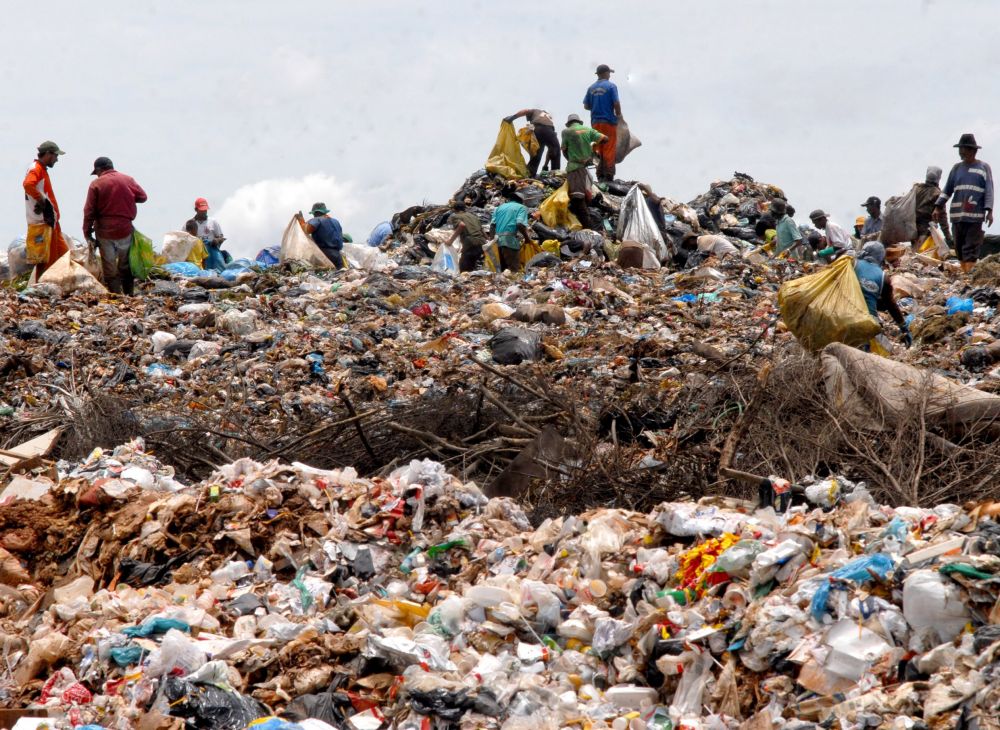New approach to plastic a must for the health of our oceans
Within a few decades, there could be a higher volume of plastic in our seas than fish if new strategies aren’t developed

Within a few decades, there could be a higher volume of plastic in our seas than fish if new strategies aren’t developed. Despite hosting a number of impressive economies, Asia also has to contend with a vast number of environmental concerns.
Two of its most powerful nations, India and China, account for an incredible one third of global greenhouse gas emissions, while the continent is also home to some of the world’s most polluted urban areas. Now, it boasts yet another unwelcome award as the world’s worst plastic polluter, with an incredible 80% of all disposed plastic waste coming from the continent.
This is due to a number of reasons. Firstly, there are not currently any regulations in place to limit the amount of waste and zero collection infrastructure. A shocking 8 tonnes of waste plastic is disposed of in our oceans every year – something like one truckload each minute. At current rates, this is expected to double by 2030 and then again two decades later.
This dire situation has led for calls to accelerate progress towards a circular economy – one in which the recycling and reuse of materials is in-built within the system. This is not only an environmentally sound approach, but an economically beneficial one too. Currently, plastic packaging loses over 95% of its value after only a limited initial lifespan. On top of this, just 5% of plastic is currently recycled, with a large proportion ending up in landfills or polluting our oceans.
One of the key drivers of the current issues is the immense growth in plastic production over the last half century, with 20 times as much product today than in 1964.In order to create a circular economy with regards to plastic, it is necessary for the production companies, retailers, governments, city offices and numerous other parties to work in collaboration. Without this, achieving such an enhanced system will be impossible.
The first baby steps have begun to be made, with initiatives in a number of European countries. This has included the banning of single-use plastic bags in Milan, as well as supermarkets charging for their bags in UK supermarkets. Without an effective transition to a circular economy, the volume of waste plastic in our oceans will continue to grow and the impact this can have on all of us is immeasurable.
